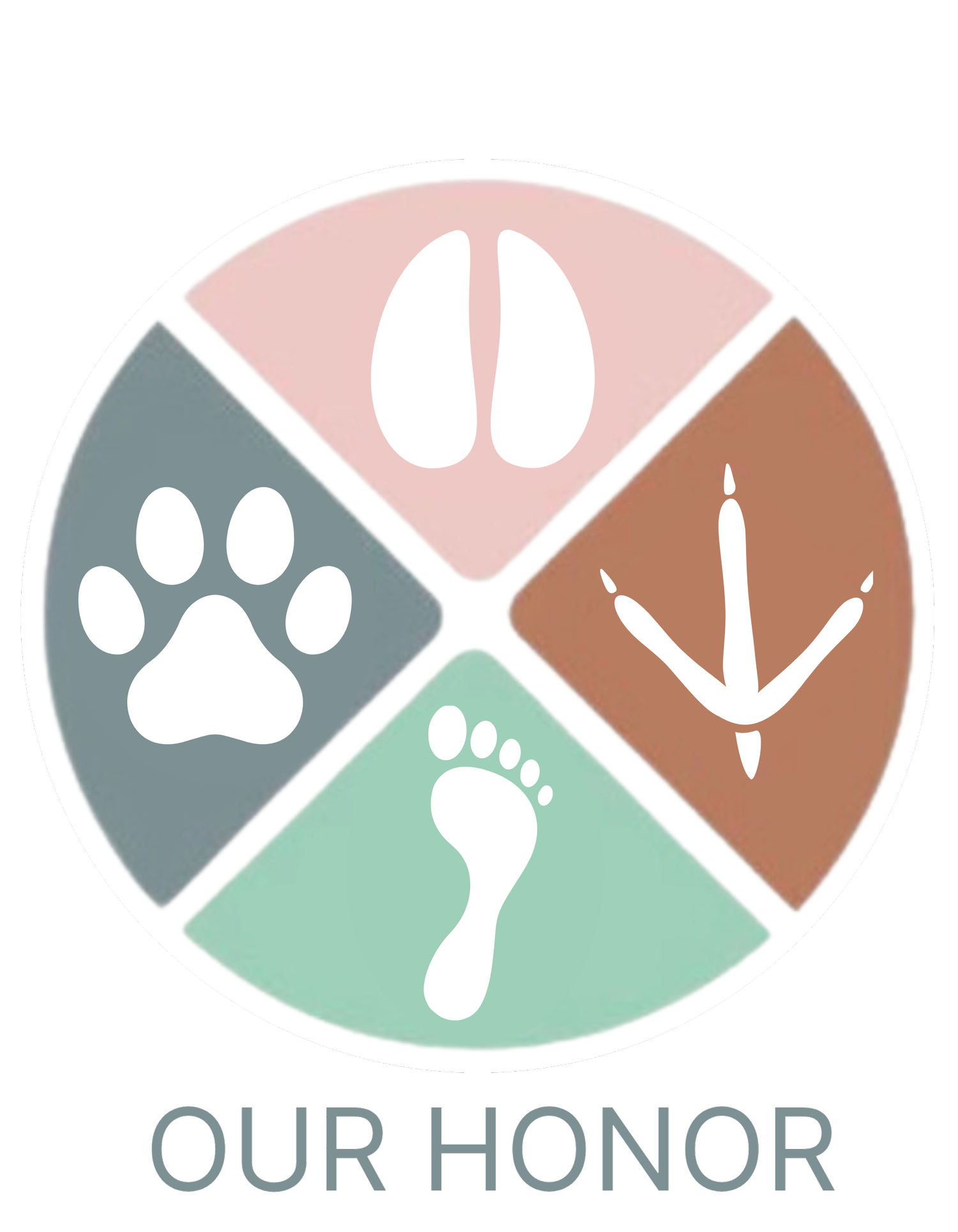In Honor of Paddy
During vet school, we were instructed to treat our surgery animals with care and compassion, seemingly an obvious directive, yet many students seemed indifferent to the animals’ comfort, pain, or experiences. I often saw students, using a lead rope, drag their frightened sheep across a yard to a scale or anesthesia area. The students chatted and laughed with their friends and seemed to not notice the animal being dragged, attached to the rope; no attempts were made to assuage the animal’s anxiety and discomfort.
This disconnectedness from the individual animal and his/her wants, needs, and suffering was also apparent in a memory that will unfortunately always haunt me. The day that we witnessed a live demonstration of electro-ejaculation in a sheep instilled nausea and horror in me. The sheep screamed, fell to the floor, and twitched uncontrollably. I turned away and left in disgust, and while doing so, I saw my classmates; approximately 85% of them were snickering, giggling, laughing, and whispering to each other. Where was the empathy? Where was the realization that the animal was undoubtedly suffering? Were we not in vet school to help animals and relieve suffering? How could so many vet students (and professor) separate themselves so markedly from the experience and clear distress of a sentient being?
After we were “done” with our sheep for the year, they went for slaughter to be used as food animals. Few students shed a tear as they performed their last S.O.A.P. on their sheep. I, however, grew very attached to “my” sheep, Paddy. Afterall, I saw Paddy every day and cared for him. I knew him as an individual.
I spoke with the faculty and told them of my devotion and attachment to Paddy. I wanted to bring Paddy home with me. But faculty assured me that that would end tragically for one reason or another, and so they assured me that this was an impossibility. I solemnly accepted Paddy’s fate and asked if I could at least visit with my little friend until he went to the slaughterhouse. A particularly kind-hearted professor allowed this unorthodox request.
I visited Paddy nearly every day for several weeks. He undoubtedly knew me, my voice, and he knew his name. He and his fellow sheep would all have their heads in feeders, filling their rumens, yet when I jumped the fence and called, “Paddy!,” he would look up from the feeder and run toward me, leaving all of his fellow sheep at the feeder. He loved being pet and giving and receiving affection. And he loved the tall stalks of green grass I brought to him every day. After a few days, his other sheep buddies knew me too, and then it was difficult to even hang out and have quality individual time with Paddy, because we were always surrounded by ten other sheep also wanting to have their heads or backs scratched, or just nuzzle next to me. But finally, one week there were fewer sheep, and another week even fewer. And finally, one day I arrived with fresh green stalks of grass, jumped the fence, called out for Paddy, called again, and he was nowhere to be found. His day had arrived, and I would never see him again. My dear friend was gone forever.
Because of these and many other experiences, I have now dedicated my career – and life – to guiding students and others to consider the individual animal, the sentient being, to understand the “telos” (per Bernard Rollin, PhD) of each animal, each animal’s needs and wants, each animal’s ability to experience pain and suffering as well as pleasure and joy. One must see the individual. We are veterinarians. This is our duty. Whether an animal is in a “herd,” shelter, facility, home, or on the streets, each and every one is an individual. And every individual matters. And each one deserves consideration and treatment with dignity, compassion, respect, and the utmost concern... as an individual.
One of the large animal faculty directors that had been at my vet school for many years, told me that the compassion, empathy and concern that I showed for the animals, were qualities that I had to hold onto and to never stop caring. He said that my empathy and compassion would make me a better vet, maybe even a great vet someday. And I could not agree more....
Elena Contreras, DVM, MS, PhD
